Rash on Arm Vein After Blood Draw
What is AST?
AST stands for aspartate aminotransferase which is one of the two enzymes produced by the liver. AST also is known as an SGOT or serum glutamic-oxaloacetic transaminase and the protein is found mostly in the liver and other parts of the body like muscles, heart, brain, and kidneys.
When our liver gets damaged or the muscles, brain, heart, or kidneys are not functioning properly AST leaks into the bloodstream and the AST levels get elevated.
What is an AST test?
An AST is a blood test that helps to measure the amount of AST in the blood. The test is often done as a part of a routine blood screening test or to diagnose liver diseases or damage.
Does this test have any other name?
Yes, the other names of the AST test are:
– SGOT test.
– Serum glutamic oxaloacetic transaminase test.
– Aspartate transaminase test.
Why do I need an AST test?
Your doctor may prescribe an AST blood test if you are experiencing the following symptoms of liver disease:
– Nausea or vomiting.
– Sudden loss of appetite.
– Swelling in ankles, legs, and abdomen.
– Jaundice or yellowish discoloration of skin and eyes.
– Light-colored stool.
– Dark urine.
– Pruritus or persistent itching of skin.
Your doctor may also order an AST test if he thinks you are at risk of liver diseases. The factors governing liver diseases include:
– Drug abuse.
– Heavy alcohol intake.
– Family history of liver diseases.
– Family history of diabetes.
You may also undergo an AST test if you are suffering from an existing liver disorder. Your doctor may need the test to monitor your progress and to see the effectiveness of your medications. The AST test is also done if your doctor suspects that a medication is causing damage to your liver. In other cases, doctors may also order an AST test if you are suffering from any of the below medical conditions:
– Kidney damage
– Excessive iron in blood or hemochromatosis
– Blood cancer
How should I prepare for an AST test?
No special preparations are needed for an AST blood test. If your doctor has prescribed other blood tests along with your AST test, you may have to fast for a few hours before the test. If you are taking any medication or have a medical condition, you need to inform about the same to your doctor before taking the test. Any other instructions shall be informed to you by your technician.
Do I need to fast before an AST test?
If you are doing other blood tests along with your AST test, then you need to stop eating food or take any other liquid a few hours before the test.
How is the AST test done?
The AST test is very simple just like a regular blood test. Your health care provider will follow the simple steps to administer the test.
– The technician will first clean a patch of the skin with an antiseptic solution.
– A tourniquet or elastic band is then tied around the arm to swell up the vein. This makes the veins more visible and helps to draw the blood.
– After the technician finds the vein, he will insert a needle attached to a syringe or vial to draw the sample of blood.
– The blood sample is then pulled into a vial or syringe.
– The needle is removed.
– The elastic band is removed.
– A clean cotton swab is put on the puncture site to prevent bleeding.
– The technician will then send the blood sample to the laboratory for evaluation.
Can infants and children undergo an AST test?
Yes, infants and children can undergo an AST test and it is completely safe. In babies, the AST test is often done through the "heel-stick" process. Here, the health provider will clean an area on the heel of your baby. He will insert a small needle or lancet on the heel and draw out a small sample of blood. The procedure is done very quickly, and your baby will feel pain only for a little while.
In older children, the blood is collected from the veins and your child may feel a temporary discomfort. Parents can stay with their children to make them comfortable during the whole procedure.
How long will it take to complete the test?
The test will be completed within a few minutes.
Is there any risk of the AST test?
There are no risks to the AST test. There might be slight pain or bruising around the site of the puncture, but it will go away within a day or two. Some people may experience certain difficulties after the blood test such as:
– Excessive bleeding from the puncture site.
– Fainting or lightheadedness.
– Hematoma or blood accumulation under the skin.
– Infection or swelling around the puncture site.
If you experience any of the above symptoms, you may immediately consult a medical practitioner.
Can a pregnant woman undergo an AST test?
Yes, a pregnant woman can undergo an AST test. The AST and ALT (alanine transaminase) levels are not elevated during normal pregnancies. However, if a pregnant woman is suffering from AFLP (acute fatty liver of pregnancy) or IHCP (intrahepatic cholestasis of pregnancy), this can trigger other liver diseases like viral hepatitis or Wilson's disease. In such a case, doctors may ask patients to undergo an AST test along with other liver function tests.
What is the cost of the AST test in India?
The average cost of the AST test in India may vary from INR 50 to INR 470 depending on the city, availability, laboratory, and the quality of the test.
When will I get my AST test results?
You will get your test results within a day.
What is the normal range of AST?
The normal range of AST may vary according to age, gender, medical history, diet or other medical conditions. An abnormal test result does not necessarily mean that you have a problem, it may also depend on the laboratory and other factors.
It is always advisable to consult a medical practitioner who will explain to you the meaning of your result. The normal range of the AST level is given below.
| Male | 10-40 units/L |
| Female | 9-32 units/L |
On average, the AST level in women is slightly lower than men. It should be noted that older adults may have slightly higher AST levels.
h3>What do my AST results mean?
High or low levels of AST indicates that you are suffering from some liver disease and need medical attention. Any level other than the normal range can be a matter of concern but does not necessarily mean you have a medical problem. The results of AST may vary due to several factors such as:
– Older age.
– Medical history.
– Medicines like antibiotics
– Diet
– Medical history
If your AST levels are abnormally high, they may be suggestive of the following conditions:
– Cirrhosis of the liver
– Injury in muscle.
– Heart problems.
– Shock liver.
– Celiac disease.
– Hepatitis
– Mononucleosis
– Pancreatitis
What are the limitations of the AST test?
The AST test has certain limitations such as:
– The report may come out as false-positive if you are suffering from diabetic ketoacidosis.
– May give false report especially if you are under any antibiotic.
– The test results may vary due to pathological errors.
– Many patients who are suffering from acute liver diseases or hepatitis C infection may show normal AST levels. So, doctors often order other liver function tests along with AST to determine the medical conditions.
What other tests can be done along with AST?
If your AST test results are not conclusive, your doctor may order other liver function tests such as ALT, alkaline phosphatase, bilirubin, albumin, etc.
- References
- https://www.healthline.com/health/ast#uses
- https://medlineplus.gov/lab-tests/ast-test/
- https://www.hepatitis.va.gov/hcv/patient/diagnosis/labtests-AST.asp
- https://www.urmc.rochester.edu/encyclopedia/content.aspx?contenttypeid=167&contentid=aspartate_transaminase
Want to live a healthy lifestyle?
Subscribe to free FactDr newsletters.
REVAMP YOUR
LIFE
HEALTH
WELLNESS
If you're enjoying our website, we promise you'll absolutely love our new posts. Be the first one to get a copy!
Get factually correct, actionable tips delivered straight to your inbox once a week.
We hate spam too. We will never share your email address with anyone. If you change your mind later, you can unsubscribe with just one click

By clicking Subscribe, I agree to the FactDr Terms & Conditions & Privacy Policy and understand that I may opt out of FactDr subscriptions at any time.
Trending Topics
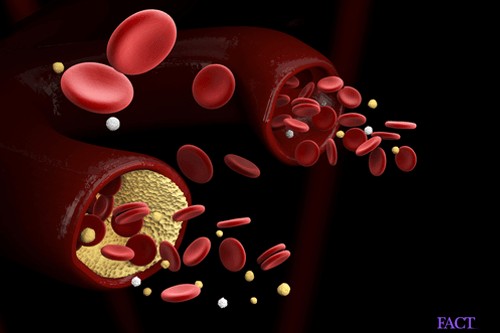
Ferritin Test Ferritin test is a blood test that provides vital information on the level of RBCs…


Rubella IgG Test The rubella IgG test is a blood test that checks for the rubella virus IgG…

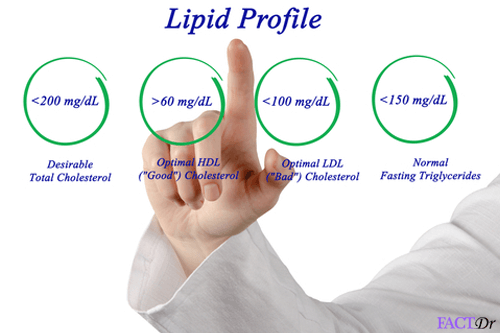
Lipid Profile Lipid profile is a blood test that provides complete information on how much cholesterol is…

Pulmonary Function Tests Pulmonary function tests (PFT's) are non-invasive breathing tests employed for diagnosing and monitoring lung diseases…
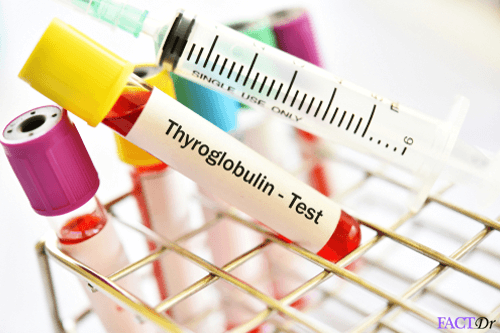
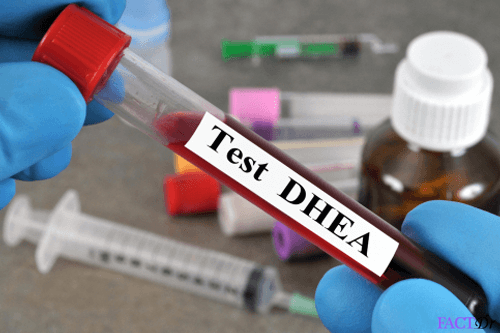




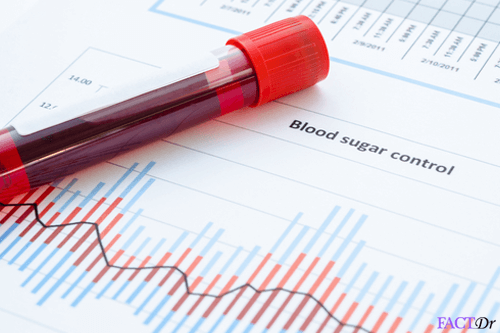

Rheumatoid Factor (RF) Rheumatoid factor or RF is a blood test used to diagnose painful joint conditions such…


Amylase Test Amylase test is done by checking the level of this protein in the blood sample…
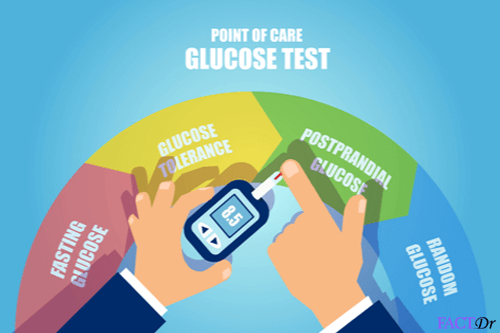
Post-Prandial Blood Sugar Postprandial blood sugar test is an important diabetes diagnosing tool. This simple blood test measure…
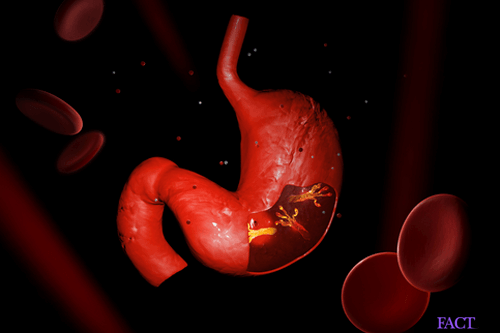


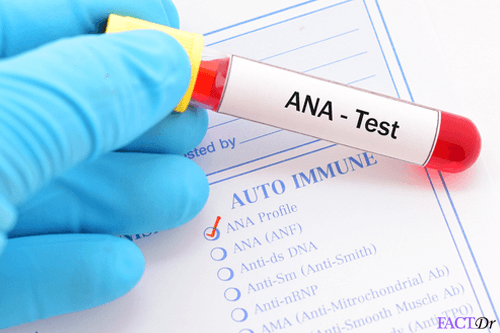

Serum Zinc Test The serum zinc test is a blood test performed to assess the zinc level in…
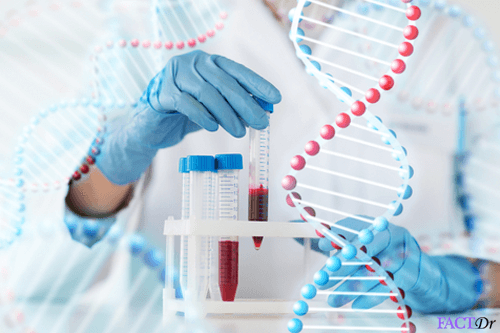
HLA-B27 test The HLA-B27 is a blood test that is used to determine the level of a…


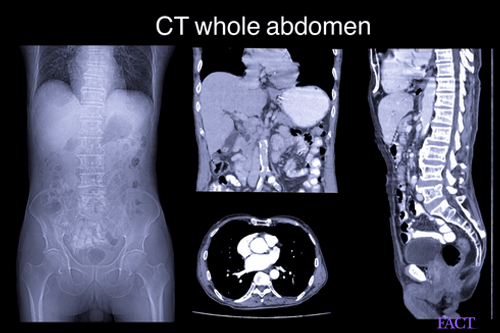
Abdominal CT scan Abdominal CT scan is a diagnostic imaging technique that provides a clear picture of the…

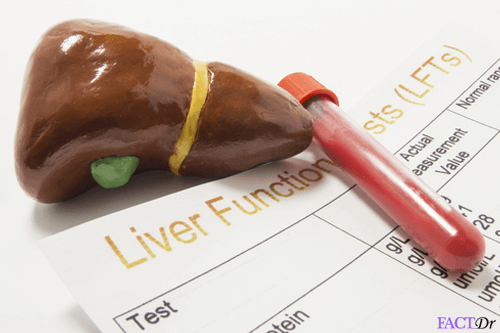
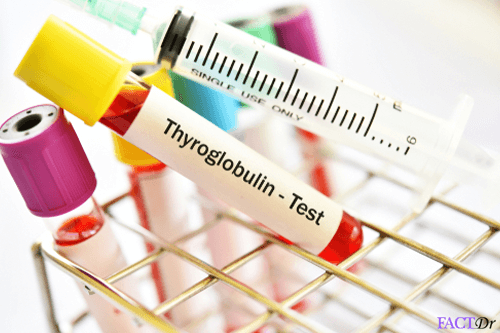
Thyroglobulin (TG) Test Thyroglobulin test helps in measuring and monitoring the concentration of thyroglobulin. This test can be…
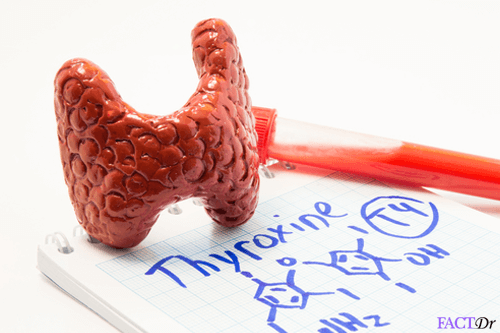


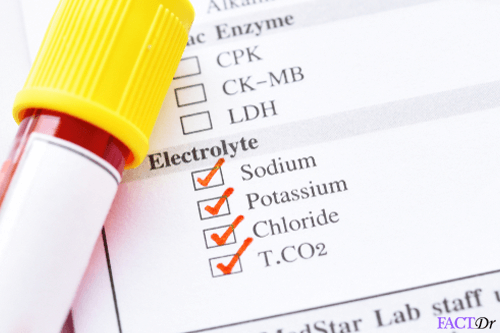
Serum Electrolyte If there is an electrolyte imbalance in the body, a serum electrolyte test will help…

Immunoglobulin M Test Immunoglobulin M is the largest and the first produced antibody which helps in the prevention…


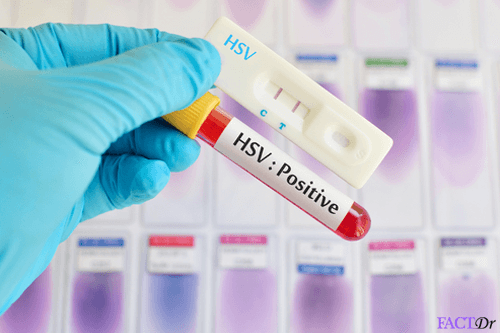
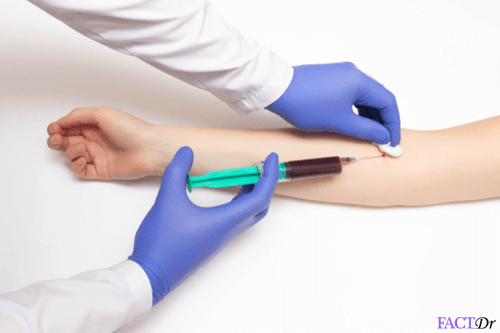
Erythropoietin (EPO) Test Erythropoietin stimulates the production of RBCs in bone marrow. An erythropoietin test is done to…

Folate test The Folate test measures and monitors the levels of folic acid in the blood. This…
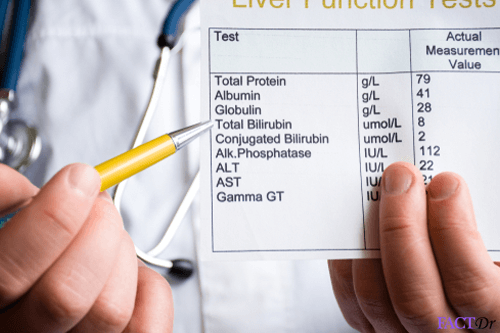
Bilirubin Test Bilirubin is a substance produced in the body as a result of red blood cell…
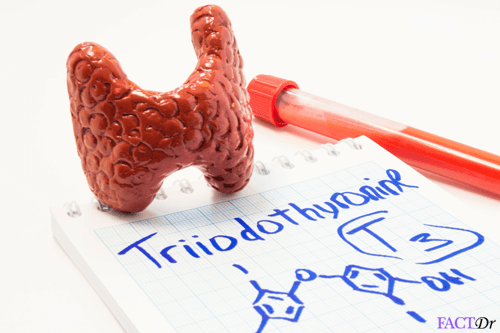
![]()

Tonometry Tonometry uses a device called tonometer to measure the pressure inside the eye. This pressure…

Albumin Test Albumin test or blood serum test is a liver function test that measures the amount…

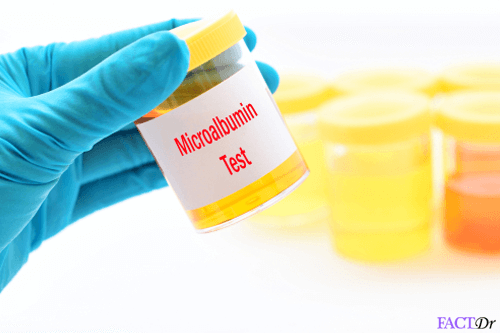




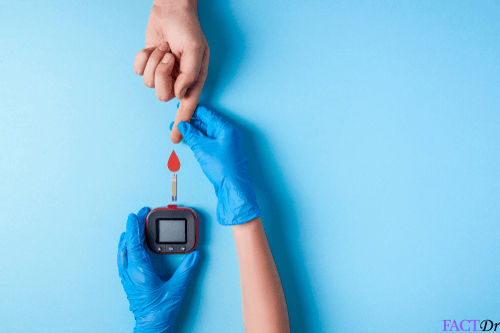








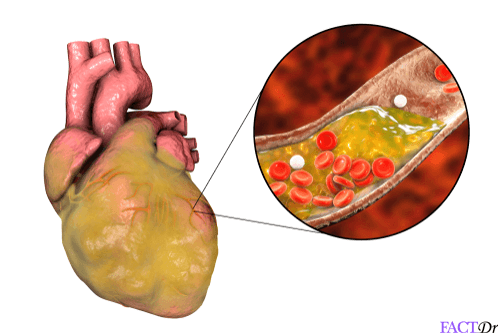
Lipoprotein (A) Test Lipoprotein (A) test is used to measure and monitor the levels of LDL(Low-Density Lipoprotein) in…

Dengue NS1 test Dengue NS1 is a blood test used to determine the onset of dengue fever. Dengue…
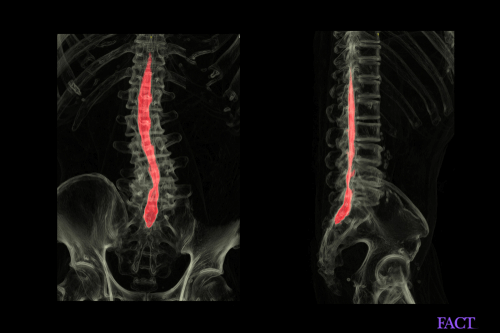
Myelography Myelography is an important diagnostic tool that is used to investigate and identify abnormalities in…
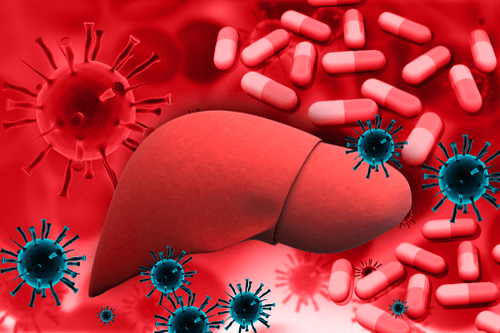
Hepatitis Profile A hepatitis profile or a hepatitis panel is a blood test that checks for markers…






Cystoscopy Cystoscopy is intended to look at the abnormalities in the ureters, bladder, and urethra, to…
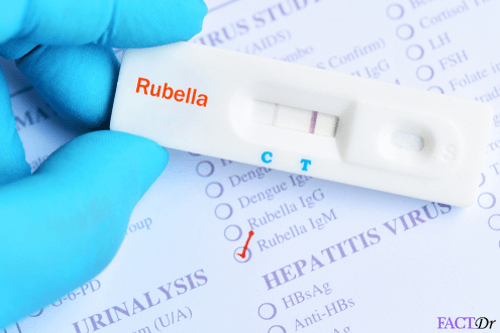
Rubella IgM Test The Rubella IgM test is a blood test that is performed to diagnose the presence…


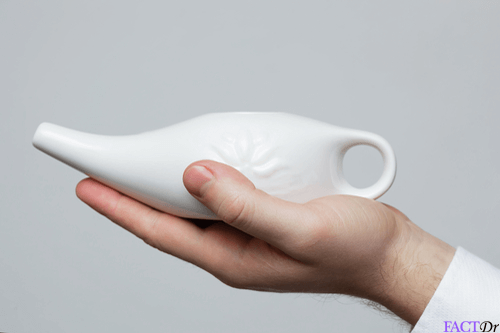


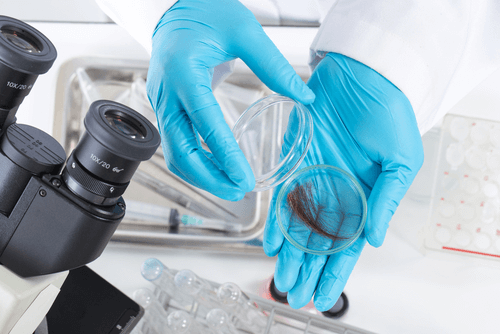

LP-PLA2 Test The LP-PLA2 test is a test which is carried out to assess the levels of…





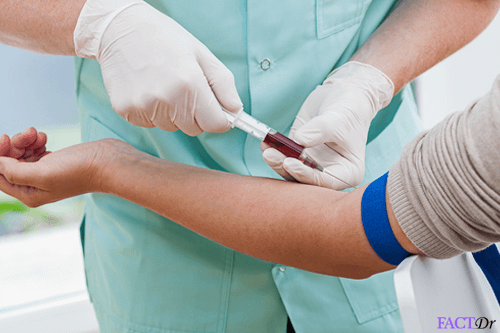






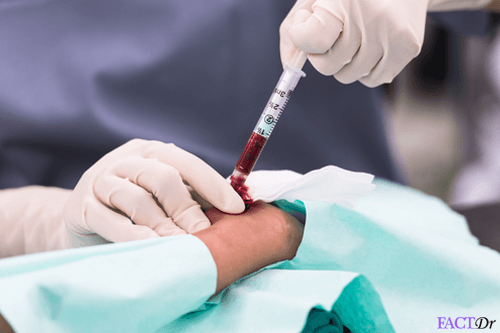
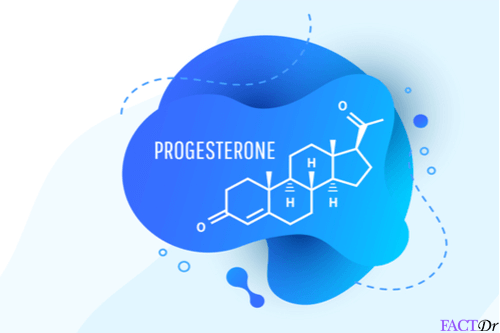






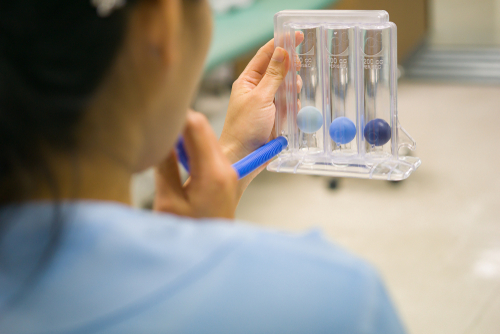
Sputum test Sputum test is a commonly used diagnostic tool that is used to examine the presence…












Barium Enema Barium enema is also known as colon x-ray. Here, the patient is asked to consume…

Colposcopy Colposcopy is a simple, quick and non- invasive diagnostic tool to look closely inside the…




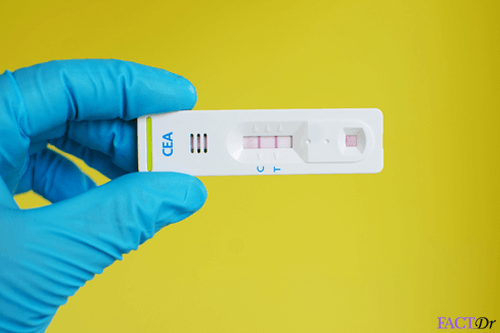








Hysteroscopy Hysteroscopy is a minimally invasive tool to help specialists view the uterus to diagnose and…






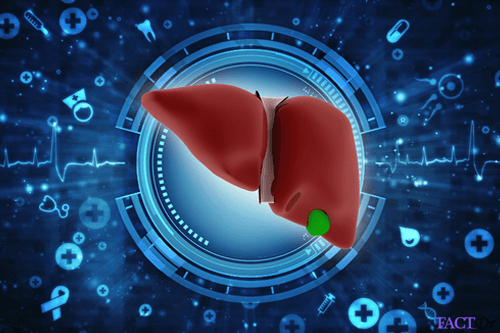

Chest X-Ray A chest x-ray is a diagnostic test that uses x-rays to visualize the structures inside…
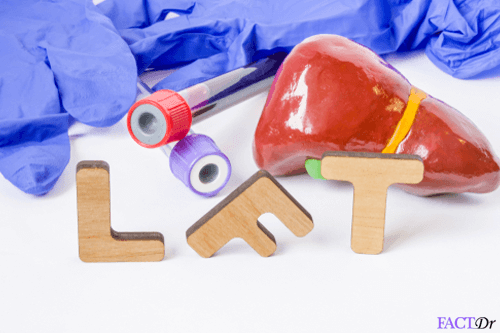

Ureteroscopy Ureteroscopy is the diagnostic procedure which is used for the detection of the kidney stones…





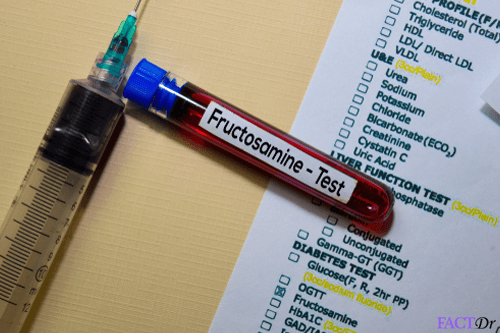
Fructosamine Test A fructosamine test measures blood sugar glucose content. Fructosamine level can indicate blood sugar level…

Lithium test A lithium test is a blood test that is used to diagnose conditions of acute…









EMG- Electromyography EMG detects the presence, location, and extent of diseases that damage the nerves such motor…


Anoscopy Anoscopy is an invasive diagnostic procedure where a small device known as anoscope will be…


Rash on Arm Vein After Blood Draw
Source: https://factdr.com/diagnostics/blood-tests/ast/
0 Response to "Rash on Arm Vein After Blood Draw"
Post a Comment